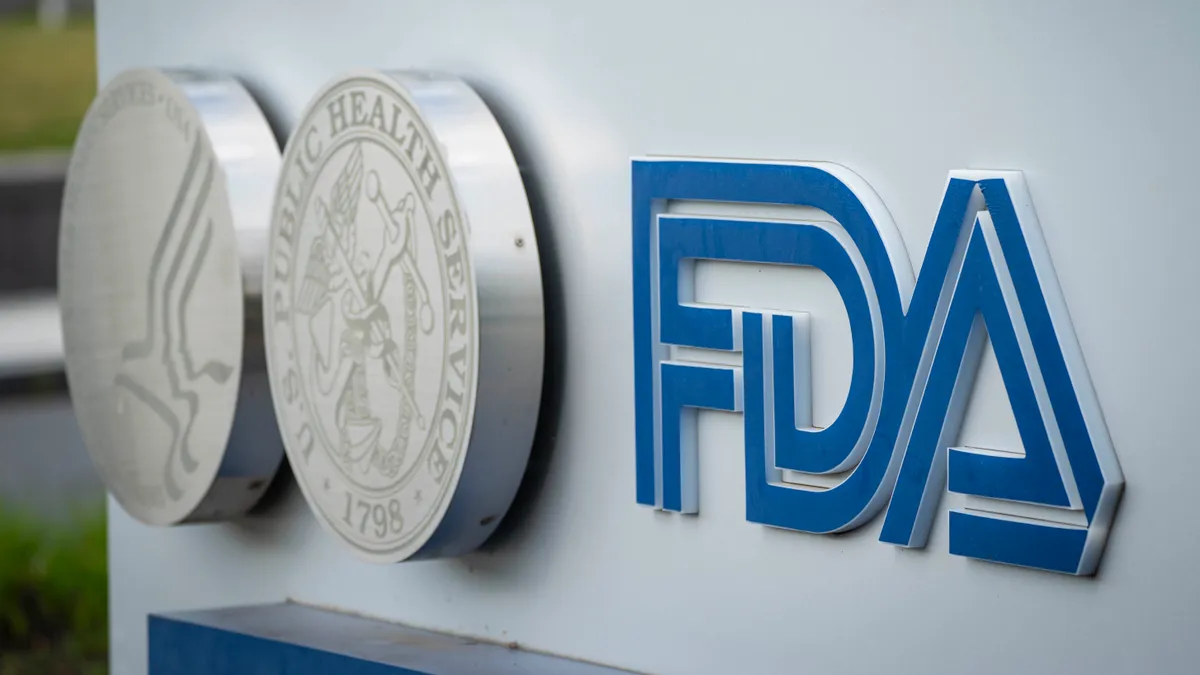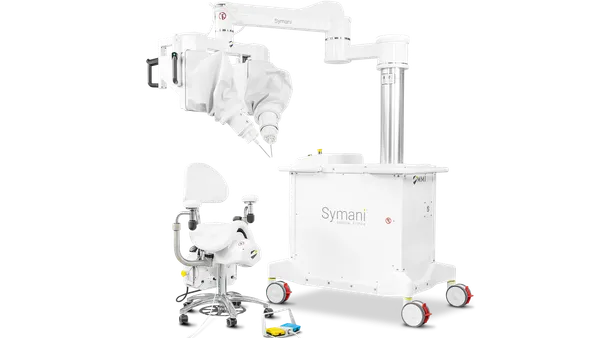Dive Brief:
-
FDA has rejected Verily's request to use a wrist-worn wearable device to track changes in the motor symptoms of clinical trial subjects with Parkinson's disease.
-
Verily, a sibling company of Google, developed the feature of its Study Watch to enable the collection of objective data on the motor function of Parkinson's patients in between visits to trial sites.
-
However, FDA questioned whether the wearable device can show if an intervention is having a meaningful effect on patients, leading it to reject Verily's Letter of Intent.
Dive Insight:
In recent years, FDA has cleared Verily's Study Watch for use as an electrocardiogram and as an irregular pulse monitor via its 510(k) pathway. Verily followed up by filing to use the device as a drug development tool for Parkinson's disease.
The new feature is an exam that patients can do at home in less than 20 minutes to assess their performance against Part III of the Movement Disorders Society Unified Parkinson's Disease Rating Scale (MDS-UPDRS). MDS-UPDRS Part III assesses the motor function of Parkinson's patients by testing variables including their ability to tap their index finger to their thumb quickly and repeatedly.
FDA rejected the request after concluding the device and associated motor examination "are limited in their capacity to evaluate meaningful aspects of concepts of interest that are relevant to the patients' ability to function in day-to-day life." The rejection is partly a reflection of FDA's preference for MDS-UPDRS Part II, which measures motor aspects of experiences of daily living.
"A change in rigidity or finger tapping in the MDS-UPDRS Part III cannot be directly interpreted as being meaningful to patients. However, a change in speech, eating and dressing (as assessed in the MDS-UPDRS Part II) represents meaningful change in how patients function in daily life," FDA wrote.
The agency also raised concerns with the idea of remotely gathering an "algorithmic representation of change in selected items of the MDS-UPDRS Part III." FDA has doubts about the ability to interpret changes in the data collected by Study Watch, explaining that it "is unclear how the change in the digital signature for finger tapping (as measured by the Verily Study Watch) could be interpreted as representing meaningful change in patient function."
Verily chose MDS-UPDRS Part III as the first of a planned series of drug development applications of Study Watch because the clinical meaningfulness of the measure "is already well established." The Alphabet company had deployed the Parkinson's exam in studies in Japan and the Netherlands at the time of its submission to FDA in January.













